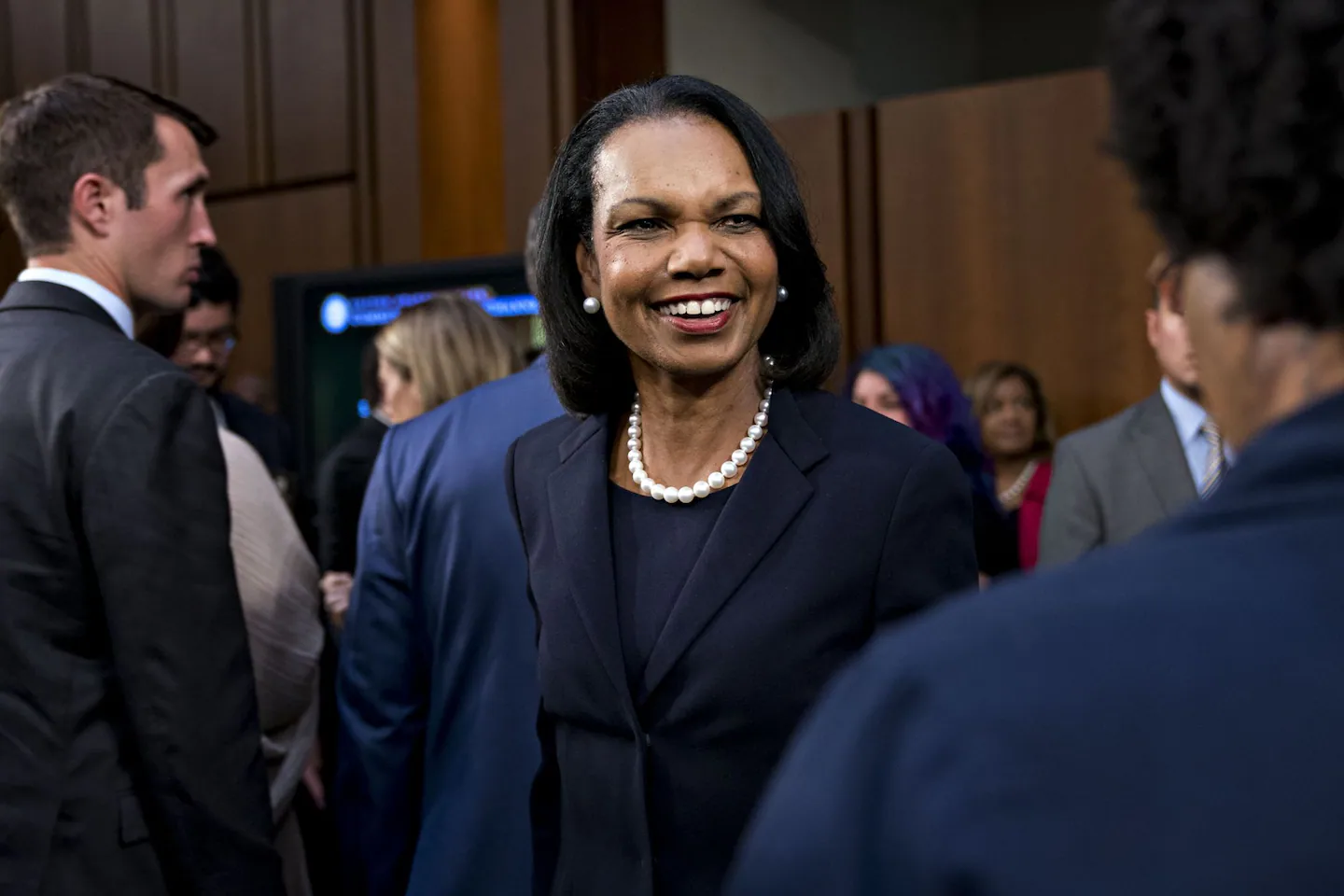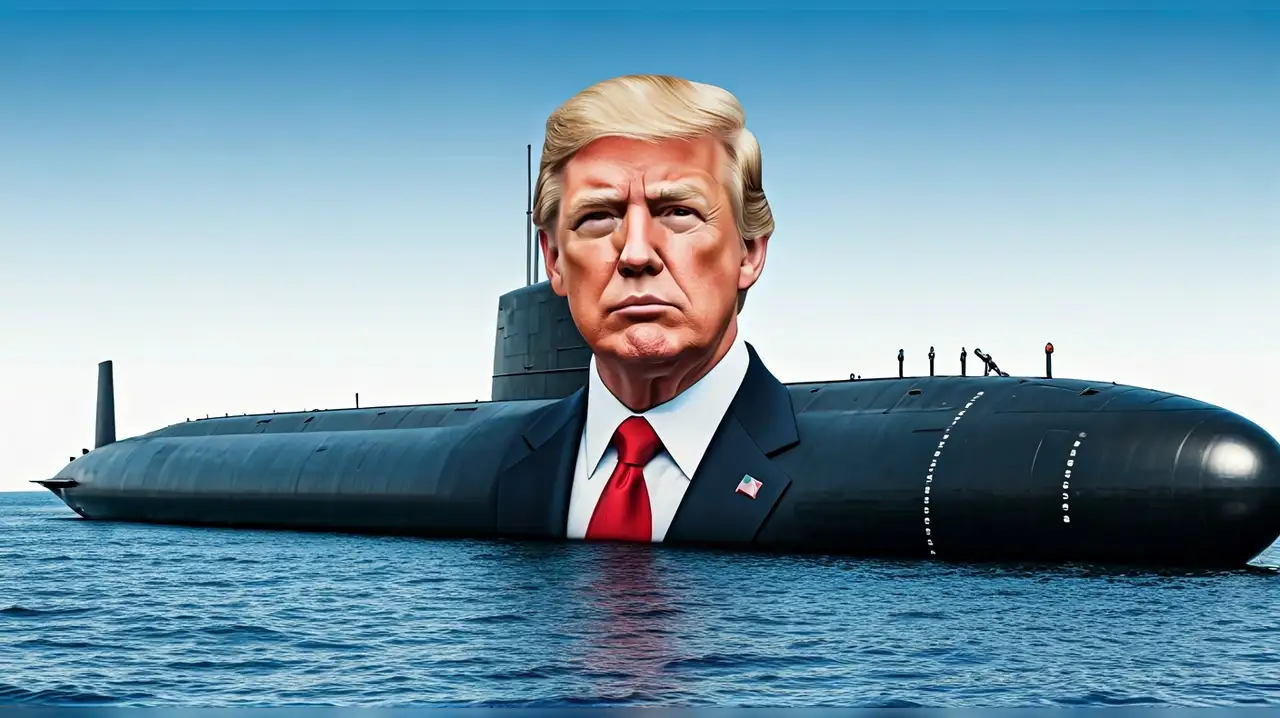Copyright The Boston Globe

“Vladimir Putin doesn’t want this war to end because I think he cannot believe that he can’t crush this little thing called Ukraine that he doesn’t even believe is a real country,” Rice said. “And you have to understand that his mentality is not about recreating the Soviet Union. It’s about recreating the Russian Empire.” Still, Rice said, Russians know the war, now in its fourth year, needs to end. In addition to the thousands of casualties, Russia has also taken a sizable hit to its oil and gas infrastructure, which provides Putin political power and personal wealth, Rice said. “I don’t think it’s going to be a big peace treaty. It’ll just be a cease fire at some point,” Rice said. “But this war does need to end,” she added. “We just got to figure out a way to make Vladimir Putin understand it needs to end.” Rice was in Providence on Wednesday as part of the Ivy League school’s Stephen A. Ogden Jr. Memorial Lecture on International Affairs. Her visit came just days after her political successor Hillary Clinton appeared as part of the lecture series. Brown University President Christina H. Paxson said hosting two secretaries of state in consecutive weeks is “certainly a first” in the institution’s more than 260-year history. In conversation with Paxson, Rice, now director of the Hoover Institution at Stanford University, spoke for about an hour in the school’s athletic complex. She touched on a variety of topics ranging from foreign affairs and global diplomacy to her background in academia and growing up in Alabama during the Civil Rights movement. Asked what Americans should understand about the Iraq War now more than 20 years since it began, Rice said, “I wish there were things we’d known.” “I wish we’d known that [Saddam Hussein’s] weapons of mass destruction, which were in Kuwait — I mean, he had capability, but … he hadn’t rebuilt it in the way that all of the intelligence said,” Rice said. She added she believes “the world is better off” without Hussein, though. “I wonder about Saddam Hussein in this [modern day] Middle East. It’s a good thing he’s gone,” Rice said. “I wish we had known how important the tribes were, because it took us from 2003 until the middle of 2005 to realize that the tribes could actually be our allies, because they wanted al Qaeda in Iraq out as much as we did,” Rice added. “And so there were just things about Iraq I think we didn’t understand, maybe you couldn’t understand about a society that opaque.” Rice also said, “The lives lost there will never be brought back and for that, I still have regret.” “But I look at Iraq today, not putting its people into mass graves like Saddam did, living at peace with its neighbors, beginning to develop a fragile democracy, but nonetheless, democracy, and I think if we can stand by them, that they may get it right.” Rice contrasted her remarks with “my real sorrow about Afghanistan.” “Afghanistan is very sad to me, because if I had known that we were going to be that impatient with a country that was coming out of civil war, maybe we would have done something differently,” she said. “I feel especially bad for the women of Afghanistan. We gave them a chance over 20 years. There were women policemen. Women were going back to schools. And the Taliban is slowly but surely trying to unravel all of that. And I hope that we won’t forget and that having left, we will still put a lot of pressure on the Taliban to at least give those people a chance.” These days, Rice also serves on the board of C3.ai, an artificial intelligence software company. The United States is in “something of a race” against China regarding AI, Rice said. Quoting a friend who is an AI specialist, Rice said AI is a “civilizational technology.” “It’s going to change everything that we are and everything that we do,” Rice said. “I want to make sure that on anything that’s really a breakthrough we get there first because we are going to have some problems with AI. Some bad things are going to happen.” Rice remarked, however, the United States is a democracy with mechanisms such as investigational reporting and congressional hearings, whereas “the Chinese will do what they did on COVID: They’ll lie about it. They’ll cover it up.” “And so I want a democracy to win this race,” Rice said.



